Politics and Government: Zionism

Shulamith Cantor
As director of the Hadassah School of Nursing in Jerusalem, Shulamith Cantor helped set the standard for nursing in Palestine.
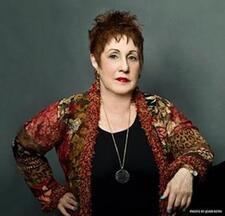
Phyllis Chesler
Hannah Chizhik
Hannah Chizhik was an advocate for women’s emancipation and she was committed to the women workers movement. She became an expert in vegetable farming, agricultural work, and domestic labor for the groups of women pioneers. In 1926 she established a women’s smallholding in Tel Aviv, which became an important center for pioneer youth.
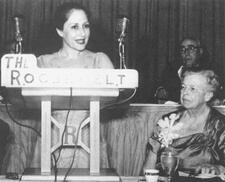
Rosalie Cohen
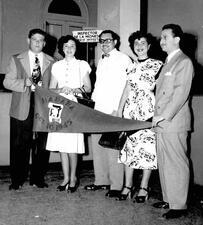
Cuba
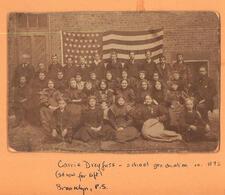
Carrie Dreyfuss Davidson
Carrie Dreyfuss Davidson became an important voice for women in the Conservative Movement as a founder of United Synagogue’s Women’s League and founding editor of its journal Outlook. Davidson exemplified the often-competing paradigms of Jewish homemaker and accomplished writer and community leader.
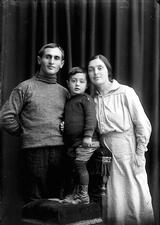
Devorah Dayan
Devorah Dayan was a symbol of the new Hebrew woman in pre-state Israel: she was maternal, rooted in the land, and fulfilled the values of a pioneer society. Her long writing career mostly comprised of autobiographical essays in publications for the women workers’ movement.
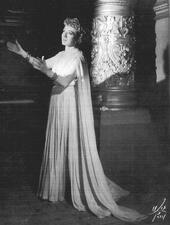
Edis De Philippe
Opera in Israel owes its creation primarily to singer, director, producer, and impresario Edis De Philippe. De Philippe made her New York opera debut in 1935 before performing with the Paris Opera and touring Europe and South America. She then founded the Israel National Opera Company in 1947 and ran it until her death in 1979.
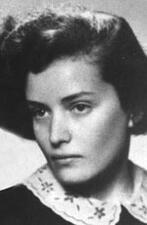
Gusta Dawidson Draenger
Gusta Dawidson Draenger was active in resistance movements during World War II, enduring imprisonment and torture. Her famous work, Justina’s Diary, recalls her experiences within the resistance and while incarcerated.
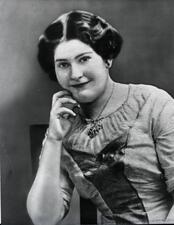
Rose Dunkelman
Rose Dunkelman was an innovative, industrious Canadian Zionist leader who worked tirelessly for the Jewish national cause. Dunkelman was the founder and long-time vice-president of Canadian Hadassah-WIZO. In 1925 she founded the Toronto Hadassah Bazaar, and that same year she was named to the National Executive of the Zionist Organization of Canada.
S. Deborah Ebin
Sara Ehrman
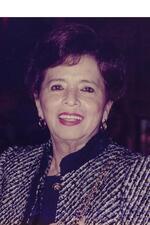
Bruria Benbassat de Elnecavé
Bruria Benbassat de Elnecavé was an ardent activist who dedicated her life to educate Jewish Argentines in general and Jewish Argentine women in particular about Zionism and the State of Israel.
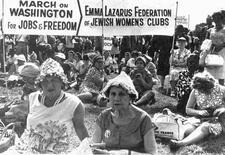
Emma Lazarus Federation of Jewish Women's Clubs

Emunah
Judith G. Epstein
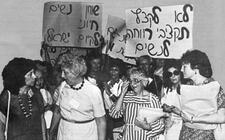
Tamar Eshel
Sara N. Evans
Rokhl Faygnberg (Imri)
Rokhl Faygnberg witnessed many of the defining events of modern Jewish history in her life, which took her from her shtetl to Israel. She was one of few women to establish herself as a professional Jewish writer and journalist, first in Yiddish and then in Hebrew, and in so doing was often outspoken, polemical, and controversial.
Sara Rivka Feder-Keyfitz
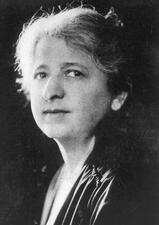
Mary Fels
Mary Fels used her wealth and her talents to further the Zionist cause, arguing passionately for a Jewish state and helping create both settlements and industry in Israel. Both Fels and her husband, a successful soap manufacturer, felt their wealth gave them a responsibility to reform capitalism and use their money for philanthropy.
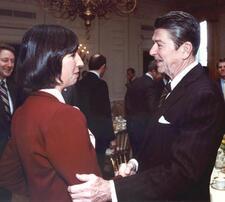
Bobbi Fiedler

Sylvia Fine
Humorous composer Sylvia Fine created unique and influential music in her partnership with Danny Kaye. Fine wrote over 100 songs for Kaye to perform, including the music for The Secret Life of Walter Mitty, The Inspector General, and On the Riviera. She taught musical comedy at the University of Southern California and Yale and made philanthropic contributions to universities and Jewish organizations.
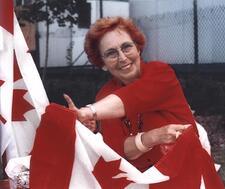
Sheila Finestone
Senator Sheila Finestone was an important figure in Canadian parliamentary history, founding the Coordinating Committee of Women Parliamentarians for the Inter-Parliamentary Union. She took up issues including human rights and served as president of the Quebec Federation of Women. A cornerstone of Canadian Jewish history, Finestone dedicated her life to advocacy and activism.
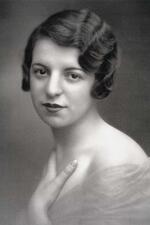
Paulette Weill Oppert Fink
After Paulette Fink’s husband, serving in the French Army, escaped capture, Fink and her family fled to the unoccupied zone of France and joined the Resistance, hiding Jewish children and helping them escape. Despite her husband’s death, Fink continued working with the Resistance and the Jewish Brigade. When the war ended, she continued her work with refugees before settling in Minneapolis.


